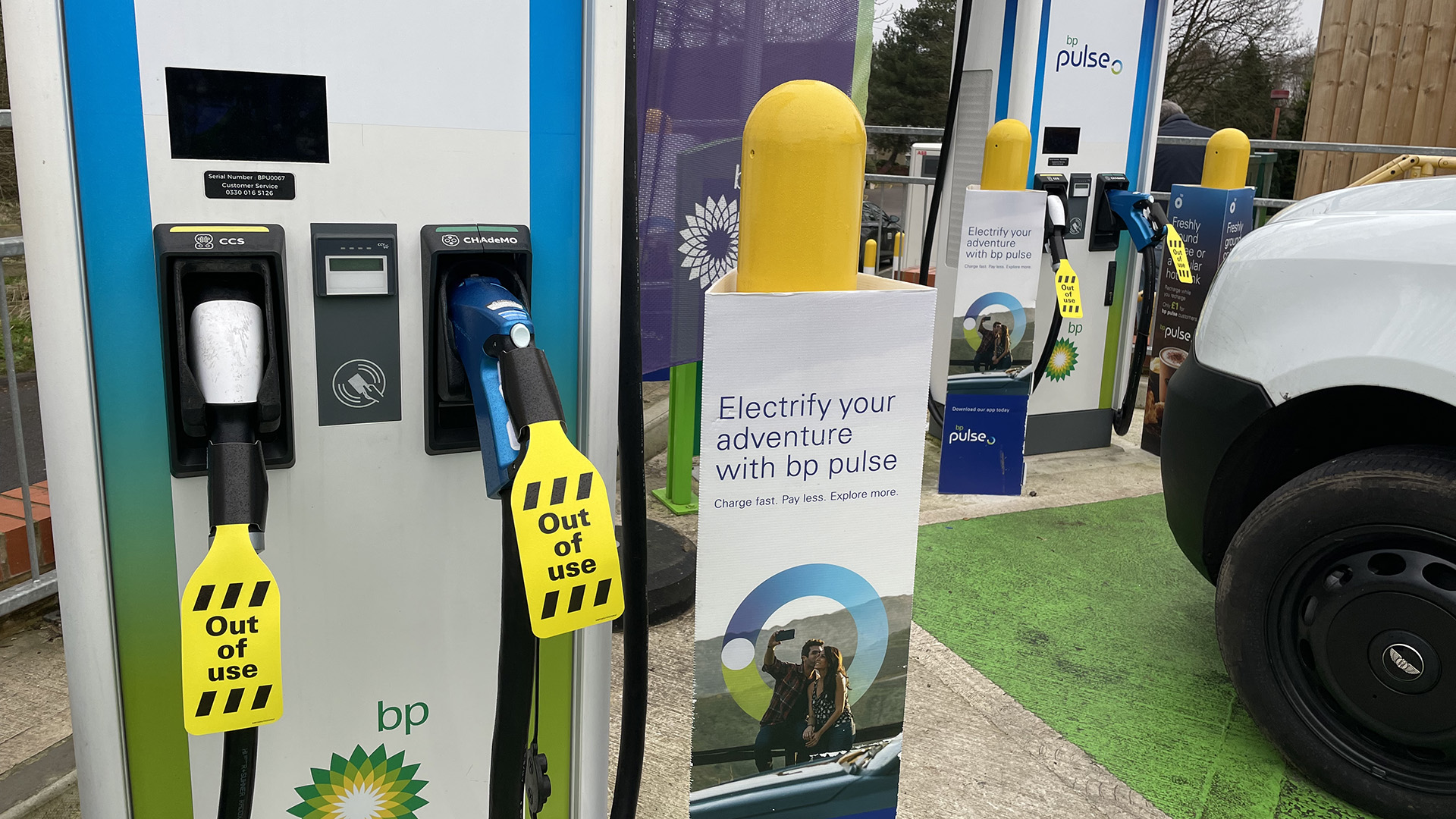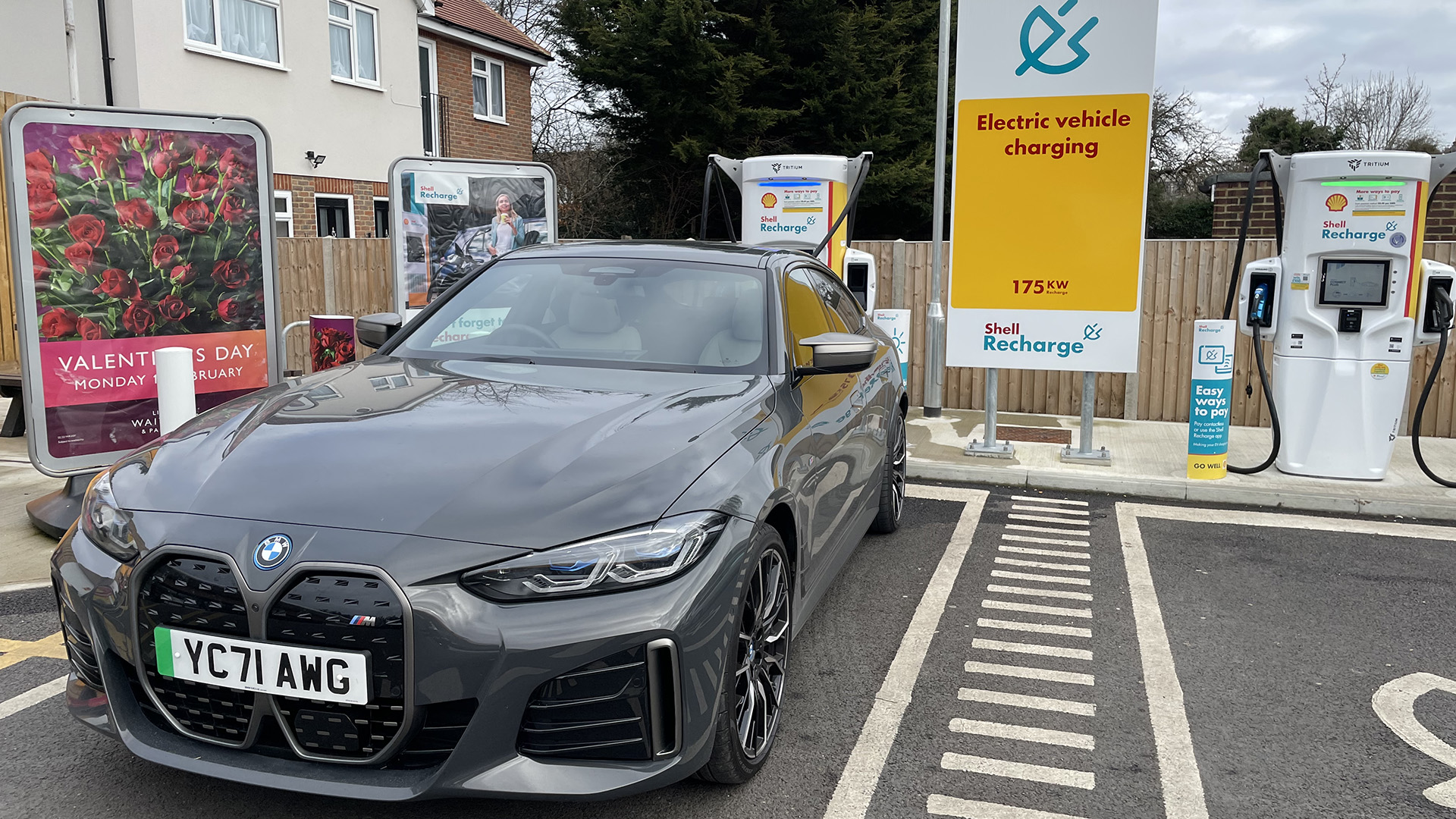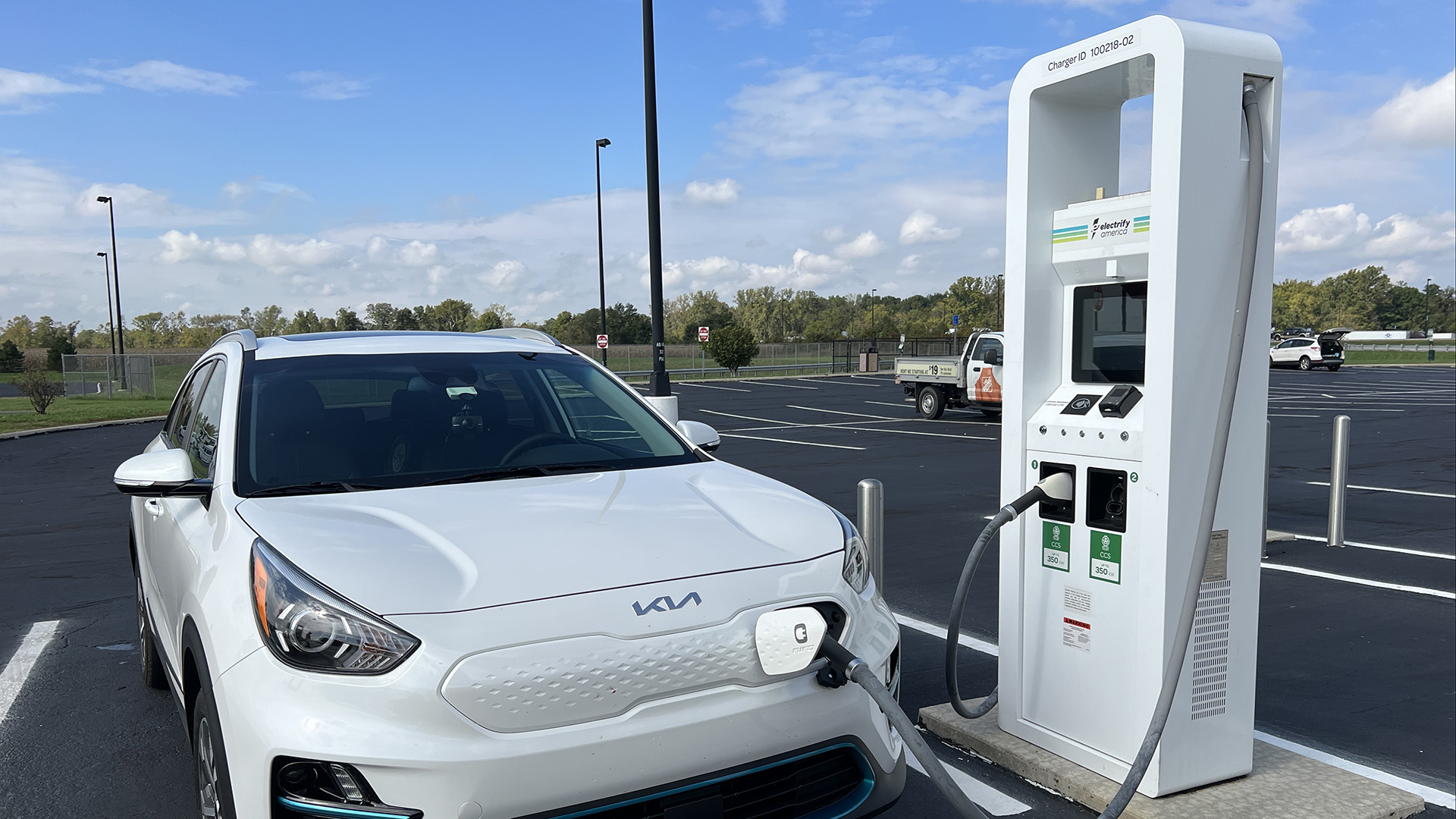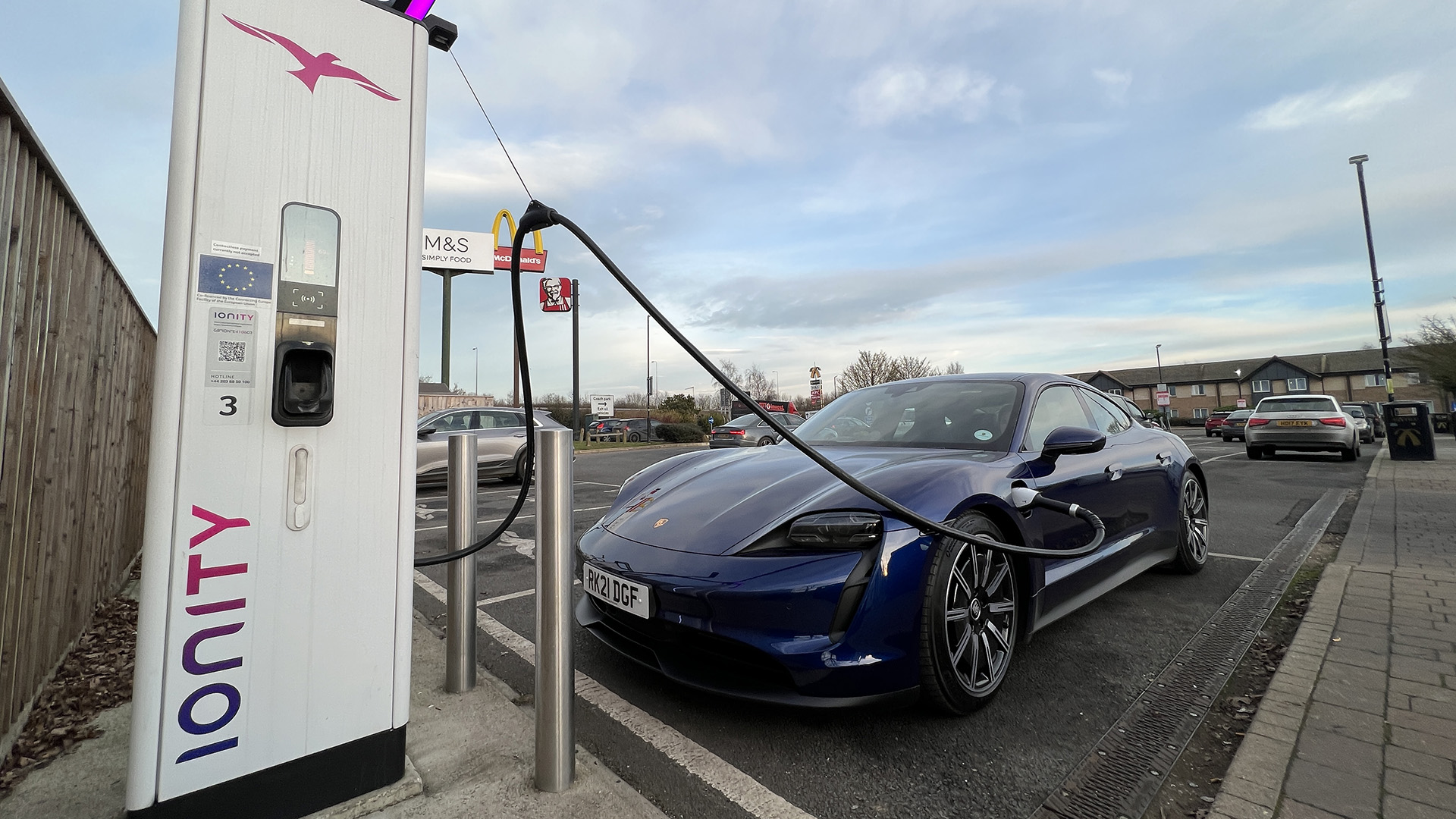Is now the right time to buy an electric car?
Electric cars are the future but the charging network isn’t ready to cope with the demand


By 2030, all new vehicles will be electric in the UK, and by 2035 in the US, due to the banning of sales of petrol and diesel vehicles. That’s pretty soon, and puts a definite time limit on internal combustion engines.
As a technology journalist, I love electric cars and have tested a number of them in recent years, driving thousands of miles in the process. I’m pretty sure that my next car will be electric and would recommend anyone in the US to do the same. However, for those drivers in the UK, I’d tell most people to wait a little longer.
The problem isn’t with the cars themselves, so much as the infrastructure around electric cars. With petrol and diesel cars, we have fuel tanks that can hold enough fuel to travel 400 miles or more, and at any point, we are no more than a few miles away from a petrol station.
When we talk of range anxiety in petrol or diesel cars, we talk about arriving at the next petrol station “on fumes,” with barely a few miles of range left. And if we don’t make it? We can either push the car into the garage or fill a jerry can with fuel and walk back to where it stopped and top up.

Shell's Recharge electric chargers offering 175kW (though this one only delivered around 80kW)
The electric experience
Electric vehicles on the whole have less range than internal combustion-engined (or ICE) cars. The average EV range right now is around 200-250 miles. The most reliable and cheapest way to fill up (or recharge), your EV is to invest in a home charger. These will allow you to charge overnight – normally in around five to eight hours – and be ready to go again the next day. If you regularly travel less than half of your vehicle’s range, it’s likely the only charger you’ll ever need.
While the public charging network for electric vehicles in the UK is getting better, the number of fast chargers available is still small, and few actually deliver the power they promise. The US is a few years ahead in terms of charging networks, with companies such as Electrify America offering over 2400 chargers across the country, mainly along major highways and interstates.
In the US, I spent over 40 hours driving from Chicago to Boston (and back) last year and found that on major routes, your next fast charger was always less than 50 miles away and often in the service stations along the route. When I attempted a three-hour drive in the UK recently in the Porsche Taycan 4S, I encountered two out-of-order chargers and a third that was not accessible to the public.
Get all the latest news, reviews, deals and buying guides on gorgeous tech, home and active products from the T3 experts

Electrify America chargers in highway services
I spoke with electric car drivers at each of the charging stations I stopped at and heard the same tails of faulty machines, slow charging, or queues to use them. Those who drove long distances knew not only the best places to stop and charge but also the best times of day to do it. If you need to recharge an electric car in the UK right now, it involves planning.
Range anxiety in an electric car is of a different level. This is partly because if you run out of power, you’re stuck. Apart from a few select models, most EVs won’t go into neutral when out of power, so you can’t push them. Towing a dead electric car that’s not in neutral can destroy the motor completely, so the car has to be picked up and placed on a trailer. And it’s not as if you can just fill a jerry can with electricity and bring it back. Then there’s the fact that the remaining range is dependent on the temperature and, due to the smaller maximum range, appears more sensitive to the use of aircon, heated seats and your average speed.

Ionity fast chargers are now appearing in UK services
Hope for the future
In the UK, traveling longer distances in an electric car adds an extra level of stress to your journey that is likely to put off would-be EV buyers. For those who travel for work or live in a building that is unable to install a home charger, an electric car remains impractical. And as more electric vehicles hit the roads, the problem is likely to get worse.
As Dylan said though, times are a-changin'. Vehicle ranges are increasing and public chargers are becoming both faster and more regularly available. As long as they can do this faster than the demand for chargers increases then the situation will ease. Petrol stations will need to find a way to make up for the lost petrol earnings, so it’s in their interest to provide more charging stations.
A new dedicated electric charging station in Braintree, Essex from Gridserve provides 36 chargers at up to 350kW of power and it plans to open more than 100 stations like these across the country in the next five years. Ionity is providing a high-speed charging network with locations mainly in motorway services and Shell has opened its first fully EV charging station with its 175kW chargers appearing at more of its regular stations.
I hope that in a year’s time I can recommend an electric car to everyone. For now, though, my advice is if you are going to buy an EV, get yourself a home charger and learn the charging spots on your regular routes. Apps like Zap Map and A Better Route Planner can be lifesavers for charge planning.

As T3's Editor-in-Chief, Mat Gallagher has his finger on the pulse for the latest advances in technology. He has written about technology since 2003 and after stints in Beijing, Hong Kong and Chicago is now based in the UK. He’s a true lover of gadgets, but especially anything that involves cameras, Apple, electric cars, musical instruments or travel.